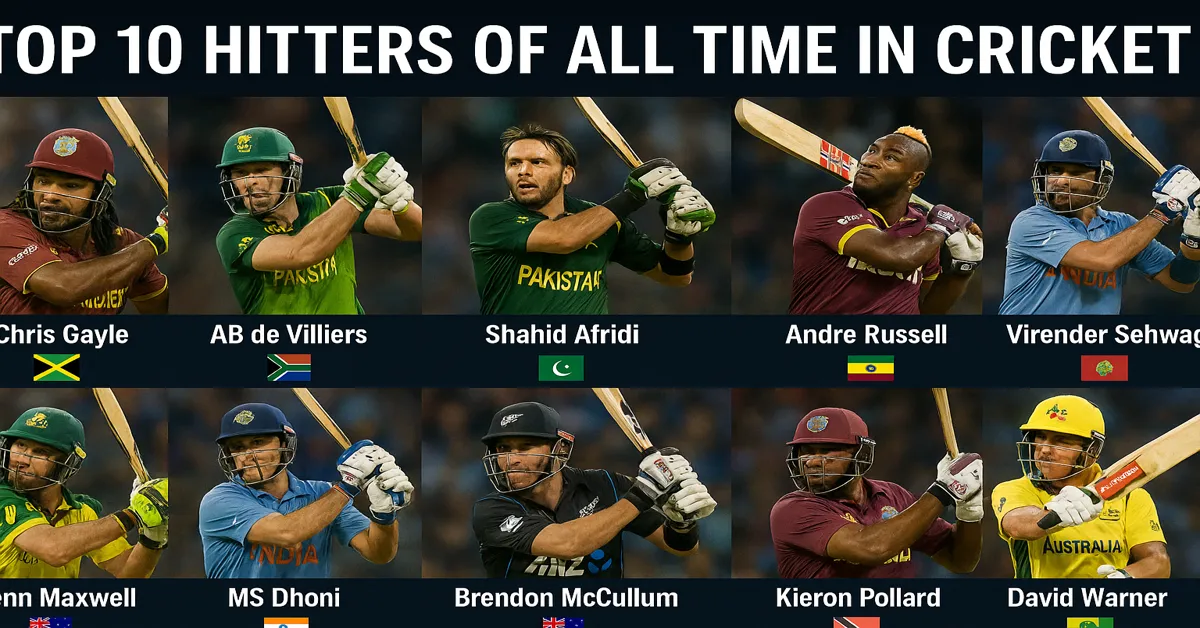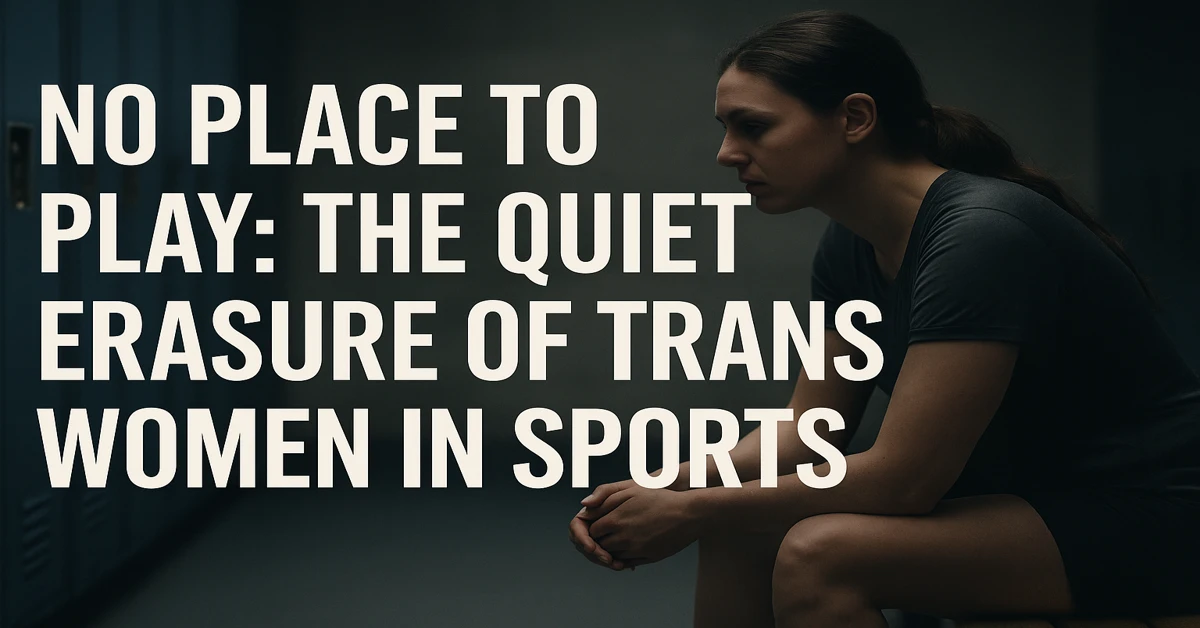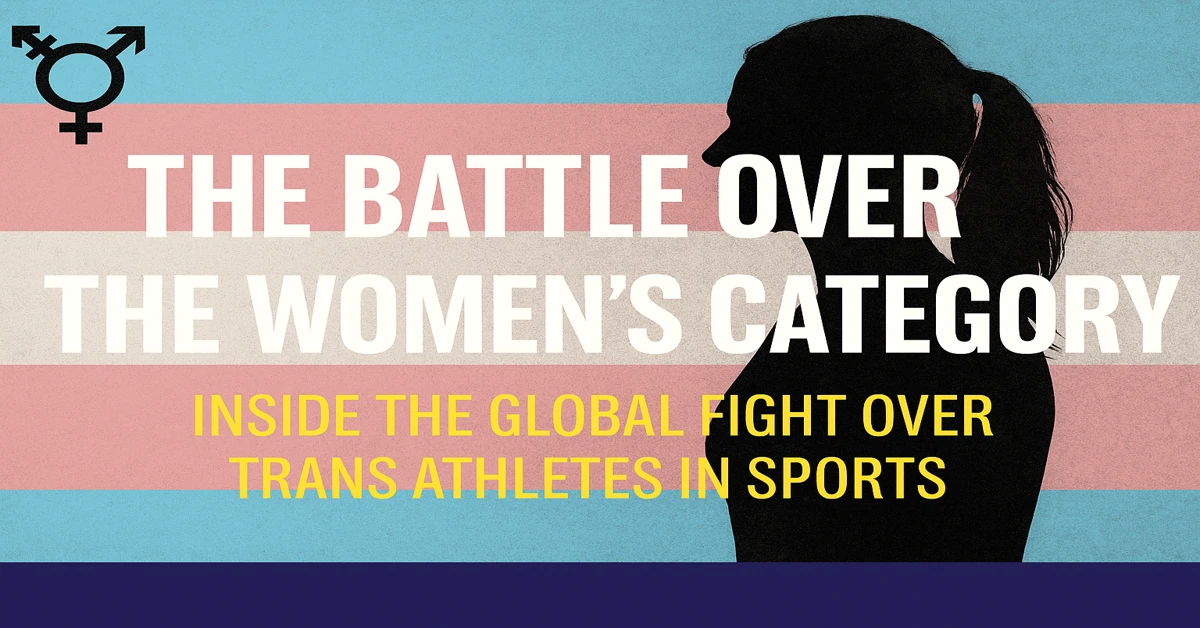Last Updated: July 2, 2025
Surprising Sports Where Women Outperform Men: Breaking Stereotypes with Stats

When we think of elite sports performance, the common narrative suggests men dominate the field — running faster, lifting more, hitting harder. But delve deeper, and you’ll discover a fascinating world where women are not only catching up but often outperforming men in various sports. These aren’t just isolated events — the data tells a compelling story.
Biology and the Bias of Measurement
Most athletic performance comparisons are based on strength, speed, and explosiveness — all areas where men tend to excel due to higher levels of testosterone, muscle mass, and hemoglobin. But performance is more than brute force. In events demanding endurance, resilience, technical precision, or mental fortitude, women not only hold their own — they often rise to the top.
1. Ultra-Endurance Sports: Women Lead the Pack
In extreme endurance races, women frequently outperform men. This isn't just an anomaly; it's becoming a pattern.
- Courtney Dauwalter has become a legend in ultrarunning, beating the entire men’s field in races like the Moab 240 by hours. In 2023, she won the Hardrock 100, Western States, and Ultra-Trail du Mont-Blanc — three of the most grueling ultramarathons — in a single year.
- The Spine Race (430km across Britain): Jasmin Paris made headlines when she became the first woman to win the race outright in 2019, beating all male competitors by more than 12 hours — while expressing breast milk during checkpoints.
- Tor des Géants: In this multi-day mountain ultramarathon, women frequently place in the top 10 overall, sometimes winning.
Why do women excel here? Factors include:
- Higher fat reserves offering better energy sustainability and insulation
- Superior pain tolerance and pacing strategies
- Better fatigue resistance over extremely long durations
2. Long-Distance Open Water Swimming
Here’s a surprising fact: in crossings of the English Channel, women have had better average times than men over the years. Notable examples include:
- Sarah Thomas completed a 134km quadruple Channel swim — a feat no man has done.
- Chloë McCardel, another open-water legend, holds the record for the most successful solo crossings by a woman.
The combination of buoyancy from higher body fat and superior pacing seems to give women an edge in cold, long swims.
3. Precision Sports: Focus Over Force
In sports where accuracy, control, and focus are more critical than power, women often match or outperform men.
Examples:
- Archery and Shooting: Olympic records show women often perform on par with men. In fact, the skill ceiling is so comparable that discussions about merging competitions occasionally arise.
- Darts and Billiards: Women like Fallon Sherrock have famously beaten men in professional darts tournaments.
4. Freediving: Holding Breath, Holding Records
Freediving (or static apnea) is where the body’s oxygen efficiency is tested — and women shine.
- Natalia Molchanova was the undisputed queen of freediving, with several world records that rivaled men’s benchmarks.
- Women’s bodies typically consume oxygen slower and have greater resistance to the buildup of carbon dioxide.
5. Equestrian Sports: True Gender Equality
In equestrian events like dressage, show jumping, and eventing, men and women compete directly — and women often come out on top.
- Charlotte Dujardin (UK) is one of the most decorated dressage riders ever.
- At the Olympic level, women have consistently won more medals in equestrian events.
The horse acts as a strength equalizer, making skill, empathy, and timing far more important than sheer physicality.
6. Gymnastics and Flexibility Events
While men dominate rings and vaults due to upper-body power, women showcase superior skills in balance beam, rhythmic gymnastics, and certain floor routines.
Women's gymnastic routines are known for elegance, creativity, and extreme flexibility — aspects where they lead by a wide margin.
7. Rock Climbing and Bouldering
Climbing blends strength, flexibility, and problem-solving. Although most climbing records still favor men, women are breaking ground, especially in technique-heavy problems.
- Janja Garnbret from Slovenia has dominated lead and bouldering competitions globally — often beating top men in qualifying rounds and mixed events.
What Does It All Mean?
This isn’t about saying women are "better" than men — it’s about redefining what “performance” means. Too often, we equate athletic greatness with speed and strength. But endurance, adaptability, focus, and mental toughness are equally — if not more — important in many sports. And women are proving that every day.
Closing Thoughts: Rethinking Sport Narratives
As we progress toward a more inclusive and data-driven understanding of sports, these examples show that the traditional gender performance gap is far more nuanced. In some sports, the gender gap is not just narrowing — it’s flipping.
So the next time someone says men are “just better at sports,” remind them that Courtney Dauwalter beat 200 men in a 240-mile race — with a smile on her face.
You May Also Like:

Who Will Replace Djokovic, Nadal & Federer? The Future of Men’s Tennis...

Saba Qamar’s Recent Heart Attack Sparks a National Wake-Up Call: How Stress is Breaking Our Hearts...

Cricket Legends Retiring in 2025: Full Career Stats, Records, and Legacy...

Top 10 Hitters of All Time in Cricket Based on Pure Stats...

No Place to Play: The Quiet Erasure of Trans Women in Sports...

The Battle Over the Women’s Category: Inside the Global Fight Over Trans Athletes in Sports...

Biological Sex Testing & Trans Athlete Ban: How Women’s Sports Policies Are Rapidly Changing in 20...

